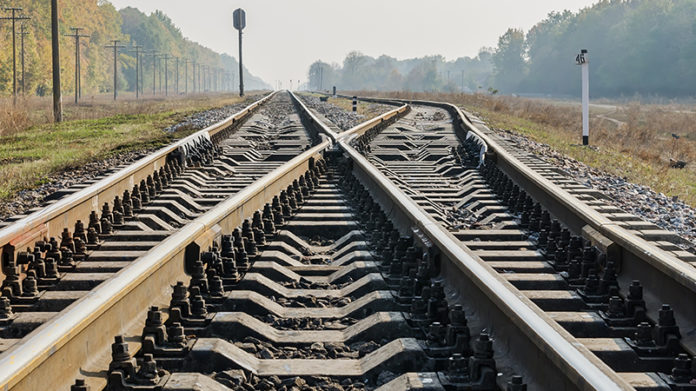
TRANSNET said heavy rains overnight hampered efforts to restore operations on its coal line following a derailment of a train carrying export coal on Tuesday.
Nevertheless the state-owned company said teams had embarked on site investigations and site preparatons. Specialised heavy duty railway breakdown and recovery equipment was also en route to the accident area.
The derailment occurred en route to Richards Bay at an area between Bloubank and Nhlazetshe stations, near Ulundi.
Transnet said it was “still premature” to give an estimated time on the possible reopening of the line. It was also reticent to comment on the cause of the incident although it added that it came against a backdrop of “threats and disruptions … by disgruntled groups seeking business opportunities”.
“These threats are being investigated by law enforcement agendies,” the company said. “Transnet continues to provide updates to impacted customers on the status of recovery operations,” it added.
“With 150 days left we have not revised the 60Mt,” said Ali Motala, managing executive for the North Corridor at TFR (Transnet Freight Rail). As per its contract terms with customers, TFR grades its performance from April to March 2023.
The Minerals Council calculated that including the effects of a recent strike, as well as Transnet logjams, the country would suffer annualised revenue losses of R50bn this year, 43% more than R35bn last year. This covers losses on revenue of iron ore, coal, chrome, ferrochrome and manganese exports.
It said that R151bn could be gained in additional exports, with the concomitant benefits of employment in mining increasing by 40,000 jobs to 500,000, the fiscus benefiting from improved tax revenue and higher revenues for Transnet if all rail and ports systems were optimally and efficiently run at design capacity.











